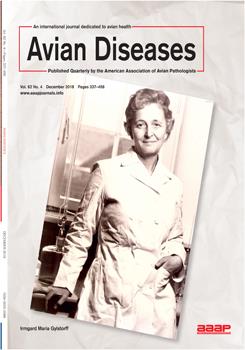We identified low–molecular weight compounds derived from the antimicrobial peptide human neutrophil peptide-1 that bind to Lipid II, an essential precursor of bacterial cell wall biosynthesis. These compounds act as antibacterials on multiple biosynthesis pathways with specificity against gram-positive organisms. Here, we have tested a small subset of our most promising leads against the bacterium Clostridium perfringens and sporozoites of Eimeria tenella, an intracellular protozoan parasite that causes intestinal disease in poultry. We found one compound, 1611-0203 (2-{2,3,5,6-tetrafluoro-4-[2,3,5,6-tetrafluoro-4-(2-hydroxyphenoxy)phenyl]phenoxy}phenol), specifically to inhibit growth of both agents out of all compounds tested. Additionally, compound 1611-0203 inhibits Staphylococcus aureus and Enterococcus spp. Mechanism-of-action studies further reveal that 1611-0203 affects cell wall biosynthesis and inhibits additional biosynthetic pathways. Combined, our results indicate that compounds such as 1611-0203 have therapeutic potential to act as anti-infectives against various organisms simultaneously.
How to translate text using browser tools
11 October 2018
Pleiotropic Anti-Infective Effects of Defensin-Derived Antimicrobial Compounds
Erik P. H. de Leeuw,
Sung Hyen Lee,
Woo H. Kim,
Steven M. Kwasny,
Timothy J. Opperman,
Hyun S. Lillehoj
ACCESS THE FULL ARTICLE

Avian Diseases
Vol. 62 • No. 4
December 2018
Vol. 62 • No. 4
December 2018
antibiotics
avian infections
Clostridium perfringens
Eimeria
Lipid II




